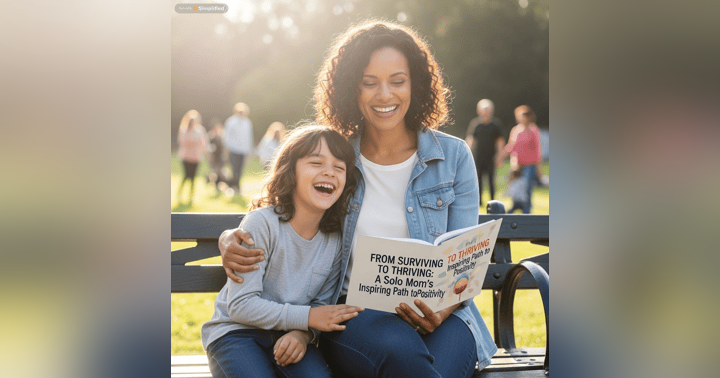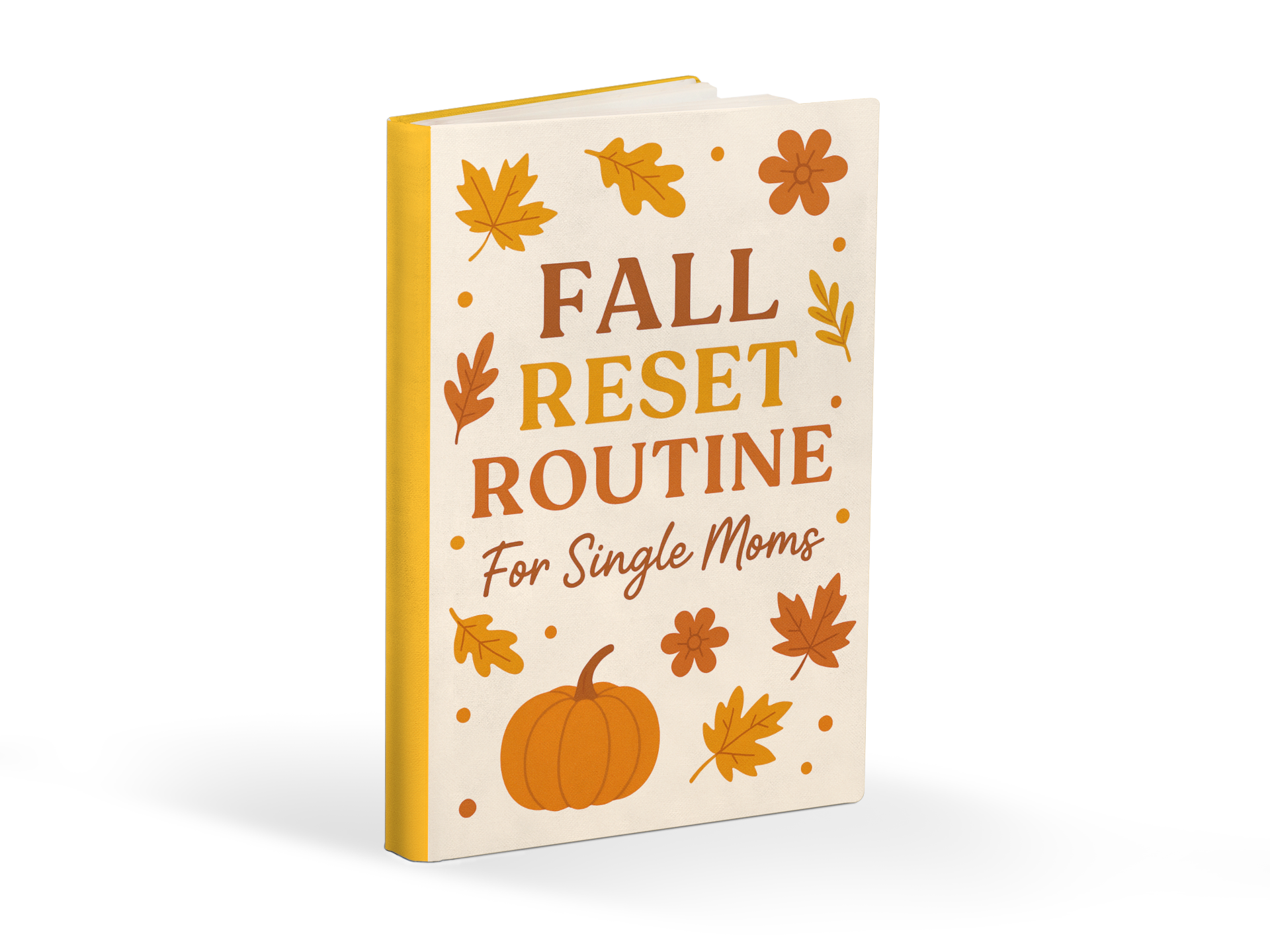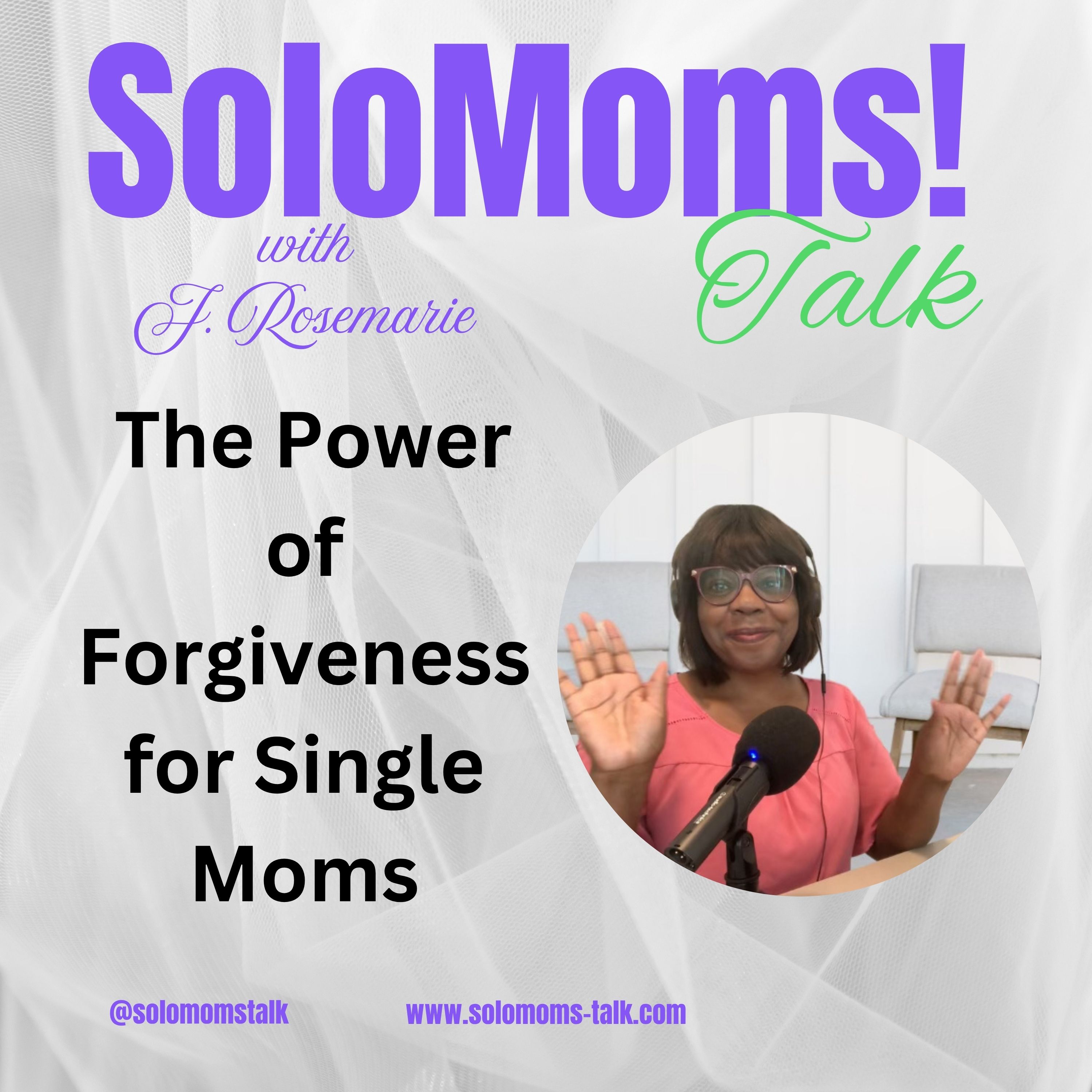Forgiveness: Freeing Yourself From Resentment
Introduction
Are you carrying a heavy burden you didn’t even realize you could set down?
We’ve all felt the sting of resentment. The tightness in your chest, the replaying of words you wish had never been said, the ache of betrayal that lingers long after the moment has passed.
But imagine a life where that pain no longer holds you captive.
This isn’t about excusing what someone did to you. It’s about unlocking a powerful, personal freedom that only forgiveness can offer.
The Silent Chains of Resentment
Resentment is like invisible baggage we carry everywhere — it weighs us down physically, mentally, and even spiritually. You might not notice it at first, but it shows up in subtle ways: sleepless nights, irritability, tension headaches, or that quiet voice whispering, “They don’t deserve peace.”
The truth is that bitterness doesn’t punish them. It punishes you.
Many people get trapped in what I call the “fairness trap.” We tell ourselves, “I’ll forgive when they apologize.” But what if that apology never comes? Waiting for closure from someone else keeps your healing hostage.
In today’s fast-paced, emotionally demanding world, this kind of inner stress compounds. The longer you carry resentment, the heavier it gets. And yet, letting go begins with one courageous decision: to reclaim your peace, even without justice or acknowledgment.
Forgiveness: A Selfish Act
The irony is that orgiveness might be the most selfish thing you ever do, and that’s a good thing.
True forgiveness isn’t about freeing the person who hurt you; it’s about freeing yourself.
When you forgive, you’re saying, “I refuse to let this pain define me any longer.”
It’s not about condoning the wrong. It’s about releasing the grip it has on your heart.
Research even supports this. Studies have shown that forgiveness can lower blood pressure, reduce anxiety, and enhance immune function. When you release bitterness, your body literally begins to heal.
So no, forgiveness isn’t weakness. It’s self-preservation. It’s saying, “My peace matters more than my pain.”
The Journey of Letting Go
Forgiveness doesn’t happen overnight. It’s a process that’s sometimes slow, often messy, but always worth it.
Start by identifying what still hurts. Write it down if you must. Acknowledge the pain; don’t minimize it. Then, gently decide that you’re ready to move forward. Not because they deserve it, but because you do.
Let yourself feel the emotions that come with it — anger, sadness, disappointment — but don’t dwell there. As you process, begin to set healthy boundaries. Forgiveness doesn’t mean you have to allow repeat offenses. It means you choose peace without reopening the wound.
Reclaiming Your Power
When you finally let go of resentment, something beautiful happens — you reclaim your power.
The weight lifts. Your thoughts are clear. You start to breathe differently.
Forgiveness breaks cycles of pain — both in your own life and in how you relate to others. It also opens the door to self-forgiveness, as often the hardest person to forgive is yourself.
And here’s the miracle: when you forgive, your healing becomes contagious. Your children, friends, and loved ones start to feel that same calm ripple through their lives.
Your Forgiveness Revolution
Make forgiveness part of your daily rhythm. Not a one-time act, but a practice.
Start each morning with mindfulness: “Lord, help me release what no longer serves my peace.”
Keep a gratitude journal to remind yourself of how far you’ve come.
Forgiveness isn’t the end of your story, it’s the beginning of your freedom.
So breathe deeply.
Lift your head high. And step into a life unburdened by past hurts — open, whole, and ready for the peace that only forgiveness brings.
Conclusion
Forgiveness doesn’t rewrite the past; it redeems it. It’s not about forgetting what happened; it’s about refusing to let it hold power over you anymore. When you forgive, you’re saying yes to healing, yes to peace, and yes to the life God intended for you all along.
How Single Moms Can Turn Childhood Trauma Into Healing Power for Their Families
Introduction
As a single mom, I've learned that our past experiences shape us, but they don't have to define us. The journey of healing from childhood trauma is a powerful one, and it's a path that can lead to incredible growth and transformation. …
From Surviving to Thriving: A Solo Mom's Inspiring Path to Positivity
Introduction: The Power of Language in Transforming Lives
Elayna's story begins with a powerful revelation about the transformative power of language. As a seven-year-old living in extreme poverty in the Dominican Republic, she stumbled upon an Eng…







